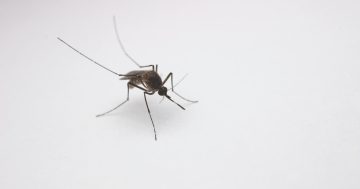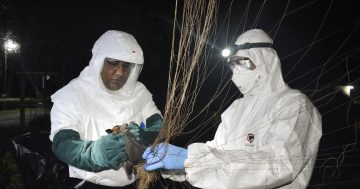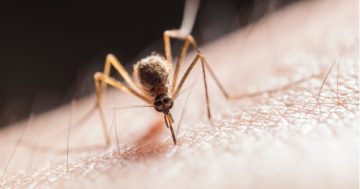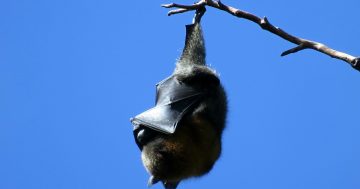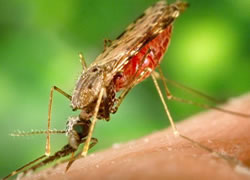 Australia’s first-ever major outbreak of the viral disease, Japanese encephalitis (JE) may be a consequence of climate change, according to some scientists.
Australia’s first-ever major outbreak of the viral disease, Japanese encephalitis (JE) may be a consequence of climate change, according to some scientists.
Professor in the School of Chemistry and Molecular Biosciences at the University of Queensland (UQ), Roy Hall said the heavy recent rains and floods in Queensland and NSW may have drawn migratory birds to the newly-formed wetlands.
“These birds may have carried the JE virus deep into Australia, where mosquito populations have recently increased due to the unusually warm, wet weather,” Professor Hall said.
“Once laden with the virus, these mosquitoes likely passed the pathogen to pigs, causing an amplifying effect,” he said.
The JE virus has now been detected in pigs on more than 20 farms in Australia.
The United States Centres for Disease Control and Prevention (CDC) said JE was caused by a flavivirus, which belonged to the same genus of viruses that caused yellow fever, dengue fever and West Nile fever.
According to the CDC, JE mostly affected people in Asia and parts of the Western Pacific, particularly in agricultural areas, however, the virus was now infecting people as far south as Victoria.
Many experts are saying the changes in weather patterns produced by climate change may be the reason why what was once a tropical and sub-tropical virus is penetrating so far south.
The Commonwealth Department of Agriculture, Water and the Environment (DAWE) said pig owners were being urged to be on the alert for any signs of JE in their animals, following confirmation of the disease at a second piggery in Queensland.
“Japanese encephalitis is not a food safety concern and commercially-produced pork meat or pork products are safe to consume,” DAWE said.
The Department said, however, that people needed to be vigilant in protecting themselves and their animals from mosquito bites.
“The virus is transmitted to animals and people through mosquito bites; it isn’t transmitted from animal-to-person or person-to-person,” DAWE said.


